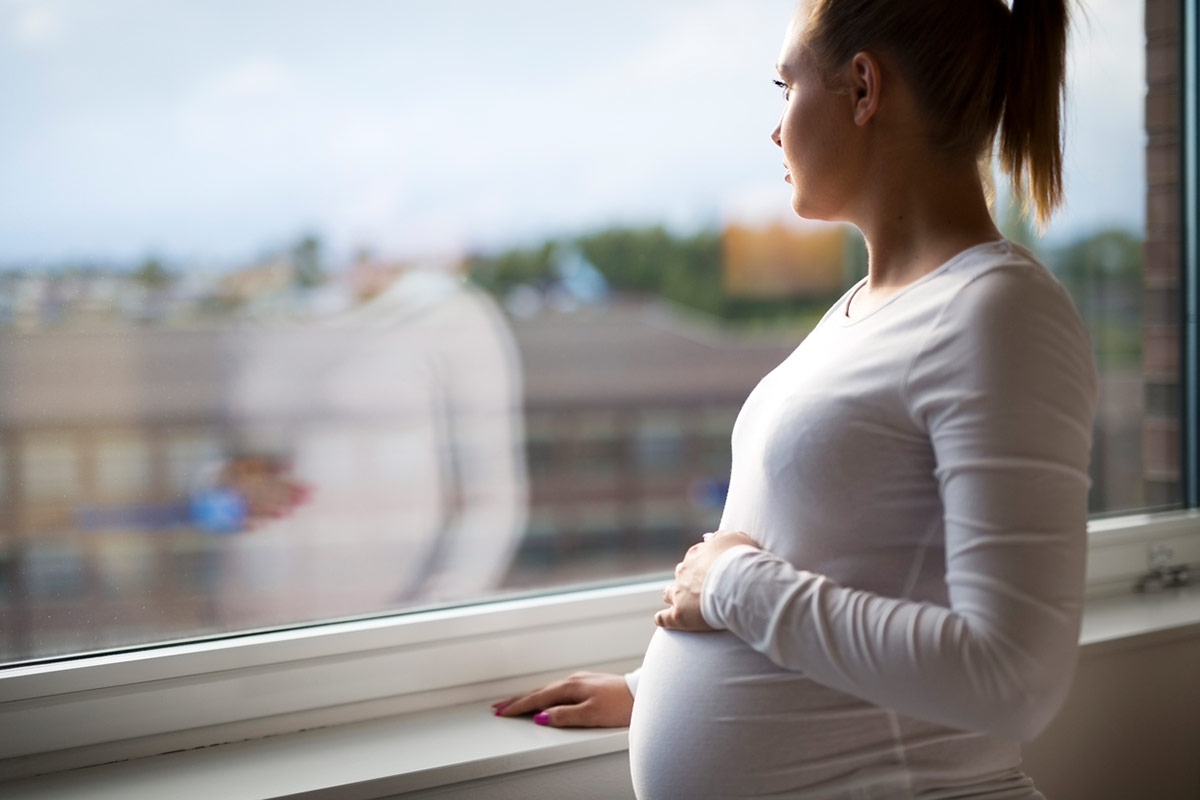-
Services
Featured Specialties
-
Locations
Location Type
-
Patients & Visitors
Published April 10, 2024

About 18 percent of women in the US take a daily anti-depressant medication at any given time—more women than ever before. Given that half of pregnancies are unplanned, more than ever before, women are starting pregnancies on these medications, typically a class called SSRIs. Since pregnancy and the postpartum period tend to be emotionally volatile times, the risk-reward analysis for these medications becomes highly relevant.
However, people looking for an easy yes-or-no answer to staying on an antidepressant during pregnancy may be disappointed.
Recently, a study that looked at mouse pups after delivery found that taking antidepressants during pregnancy may affect brain development in utero and be a risk factor for developing mental health disorders later in life.
However, like most health news headlines, there is a lot of context to consider.
“We pay attention to studies like this because it is one data point in the larger picture,” says Dr. Michael Cackovic, a maternal-fetal medicine physician at Bridgeport Hospital. “Ideally, we want to see a randomized control trial with pregnant women, but that is not often something we get with this population.”
When you are considering pregnancy on SSRIs, your choice is between untreated depression and anxiety in pregnancy versus treated anxiety and depression during pregnancy. This is something most studies are not designed to tell us, not without several other uncontrolled variables like age and other underlying conditions, and nearly no studies account for the dose or severity of the conditions.
This complexity and lack of clarity often lead to soft answers from healthcare providers, like if you think you can live without it... or if you really need it.
Dr. Cackovic adds nuance to this approach. He mentions that one of the main known risks of SSRIs during pregnancy is that, in about 2 percent of cases, babies can experience withdrawal symptoms after birth. These can cause irritability, jitteriness, and fast breathing, all of which are generally manageable and short-lived.
While no parent wants their baby to suffer in any way, for some, there are risks to not taking the medication. Untreated anxiety and depression have well-established consequences for infant health, including preterm birth and low birth weight.
“Before a patient gets pregnant is a perfect time to evaluate all the medications they are on,” says Dr. Cackovic. “Many women planning their pregnancies are young, healthy, and don’t go to the doctor regularly, so this is an opportunity to discuss what it's like when they are not on medication and figure out the minimal effective dose of a safe medication.”
Pregnant people need to be able to get up in the morning, go to work, and not face crippling anxiety and depression. Daily functioning is a large part of this conversation.
“The most common cause of fetal death is maternal death, and that just is a dramatic way of showing that if we don't take care of our moms, the fetus is going to suffer. If the mom needs that medication, then by proxy, the baby needs that medication too,” says Dr. Cackovic.
Talk to your physician.
Most patients don’t see their OBGYN until they are at least six weeks pregnant.
“We don’t want to see people suddenly stop their medications once they find out they are pregnant,” says Dr. Cackovic. “There are real risks to that, whether it is an anti-depressant or an anti-seizure medication.”
Dr. Cackovic points out that some patients benefit when their OBGYN works in tandem with a psychiatrist, and, overall, as medicine becomes more specialized, having a health care team can position someone for a smooth pregnancy.
Please talk to your doctor to chart the best path forward.